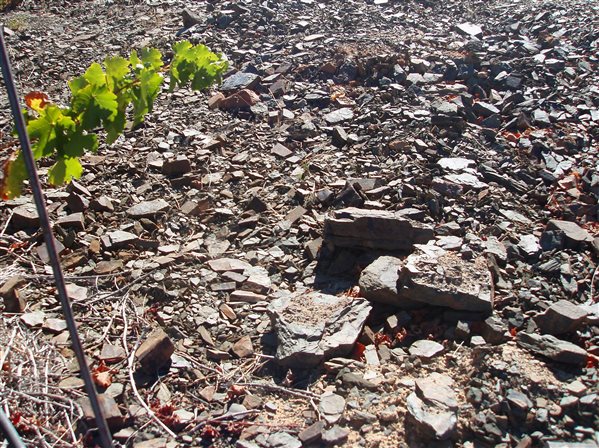
You may be pleased to learn that the never-ending nature/nurture controversy is alive and well in the wine world. Why pleased? Well, because it’s generally gratifying to be reminded that every field of human endeavor has its intractable issues, no matter how much the practitioners active in said field may try to put up a united everything-is-just-peachy-with-us thank-you-very-much front.
Take the question of originality in wine. How shall we account for the fact – observed and commented upon since ancient times – that the very same grape varietal planted in different places will produce wines of markedly different character? A plausible chain of reasoning points to variations in the natural environment, such as altitude, latitude and soil type, as causes of these character differences. The idea that myriad wine personalities can be linked directly to specific places in a series of one-to-one corres-pondences is usually summarized under the single term terroir, a French loan word that originally just meant terrain. In an influential essay penned at least 20 years ago, drinks journalist Matt Kramer famously referred to these correspondences as the “whereness” of wine, arguing (to paraphrase him — not unfairly, I think) that wine is, essentially, the ground speaking. Today, nearly all thinking and talking about wine is so dominated by whereness theory that one could not be blamed for concluding that wine is one arena where nature has handed nurture a thorough whuppin’. Not quite.
What stands in the way is the stubbornly irrefutable fact that wine does not and cannot make itself. Generations of agricultural know-how, traditional craft-practice and consumer expectation have combined to create it. Appellation rules governing the production of fine wine authorize a specific set of techniques designed to replicate a consensus model. Tasting panels determine whether a given wine hews to the standard closely enough to be permitted to use what are essentially communal trademarks (Côtes du Rhone; Chianti Classico; Mosel Kabinett, e.g.).
Even among the avant-garde contingent, there’s a sense of what is respectable and what isn’t. In other words, wine as we know it is, and has always been, a social construction, wholly dependent on human intervention to both come into being and to assume any and all of the many shapes it takes. At this point, the truest thing that can be said about originality in wine is nothing more or less than this: When you nurture wine in just this place and in just this way, this is what you get.
Does the ground speak? Not until we give it a voice.